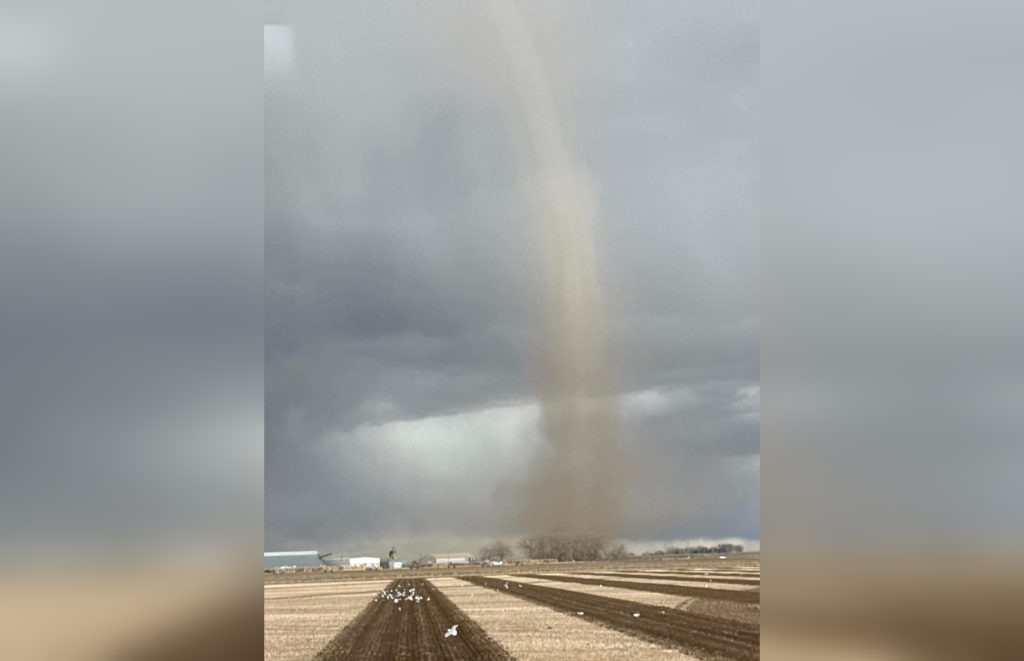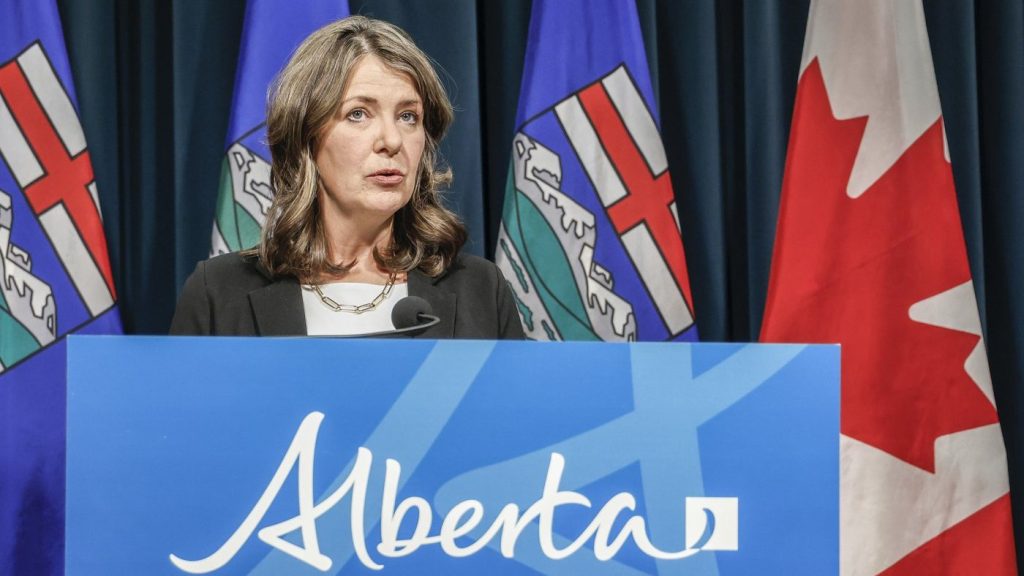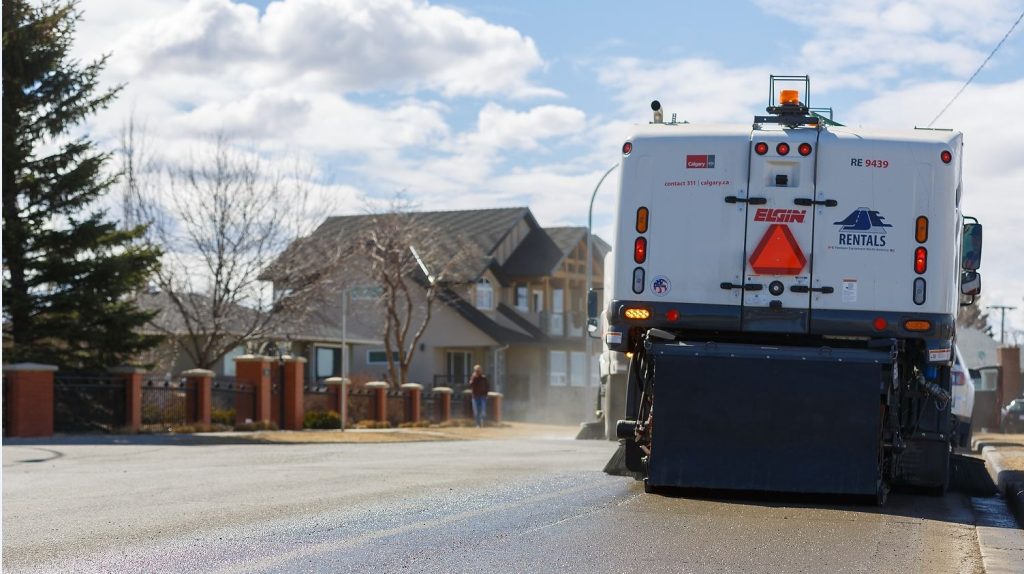Gondek, Smith agree that Calgary’s economic future is bright despite affordability, housing issues

Posted Oct 8, 2024 7:47 am.
Last Updated Oct 8, 2024 6:47 pm.
The economic outlook for Calgary and for Alberta in the next year is positive, but the upcoming U.S. election and ongoing geopolitical uncertainty could weigh heavy on the good news, according to Calgary Economic Development.
The agency hosted an annual event at BMO Centre on Tuesday afternoon that saw both Premier Danielle Smith and Mayor Jyoti Gondek take the stage.
Both leaders said they feel positive about the city’s economic future despite ongoing issues with affordability and housing.
Gondek cited ATB Financial’s quarterly economic outlook, that forecasts the province’s real GDP growth at 2.5 per cent this year, and 2.8 per cent in 2025, outperforming predictions for the national economy.
“This projected economic success is rooted in Calgary’s role as the economic engine of our province, if not our nation,” she says.
The mayor pointed out the city’s success in managing the housing crisis.
“We are a place that leads the country in housing starts,” she says. “Which is why leveraging additional federal funding for housing is so important.”
Housing starts are expected to remain high across Alberta over the next year, while population growth is expected to slow down.
The keynote speakers at Tuesday’s event also painted a pretty picture about the province’s economic outlook, with Smith saying Calgary is expected to be a major contributor to that.
“So far this year metro Calgary has seen the highest increase in the number of active businesses among all Canadian cities,” she said. “This is not a surprise, and it is not an accident.”
“It’s clear we are doing things right here in Alberta, because everyone wants a piece of the action.”
U.S. election result pivotal
ATB Financial’s quarterly report predicts Alberta’s economy is finally recovering post-pandemic, but also found geopolitical uncertainty as a key downside risk.
“The outcome of the U.S. election is pivotal for Canada – and Alberta’s economy,” said Bruce Heyman, former U.S. Ambassador to Canada, former partner, Goldman Sachs and recently appointed CEO at Power Sustainable, in a statement. “Policies, tariffs and priorities of either successful administration will significantly alter the trajectory of trade for the country not only in 2025, but the next four years ahead.”
The U.S. is Canada’s biggest trading partner, Economic Development says, and the results of the upcoming election could impact trade policies and tariffs, energy, and tech sector developments for Albertan and Canadian businesses in the coming year.
“Alberta is poised to be a growth leader in Canada next year,” Mark Parsons, vice-president and chief economist at ATB said in a statement. “But risks remain elevated, and we’re moving from a period of high inflation and labour shortages to an era where geopolitical concerns take center stage.”
The bank says Alberta is relatively more resilient than other provinces across the country due to increased energy market access, continued population growth, and strong emerging industries like tech, hydrogen, and aviation.








